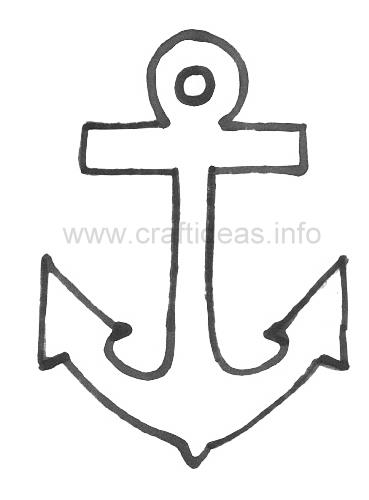- the Bible's doppelgänger;
- one of several borgesian artifacts that corrupt reality—the others are the blue tigers, the disk, the zahir, the city of the immortals, the aleph, and of course the labyrinth;
- an encyclopedia;
- a mathematically infinite object; and
- a hypertext.
In the story, there is mention of a title, binding, place of publication, and other specifications for the Book of Sand, but there is no mention of an author. We can suppose that because the book seems to be an encyclopedia of sorts, with entries like "anchor" and "mask," its has many authors, and because it has infinite entries, it has infinite authors.
My following statement may be illogical but I will venture it anyway:
If a book is written by everyone, then it is written by no one.
No one wrote the Book of Sand. I am reminded of Roland Barthes' "The Death of the Author," in which he argues against the romantic notion of the author as genius and the author as sole authority over the text. He argues that when a person writes, their personhood disappears because writing consists of "several indiscernible voices...to which we cannot assign a specific origin." It is as though the writer is merely a "shaman or speaker, whose 'performance' may be admired (that is, his mastery of the narrative code), but not his 'genius'"; that is, the words pass through the writer, they are not produced by the writer.
And if there is no author, the meaning of the text is unsettled, ambiguous, fluid, changing, and unstable. The text is not the utterance of one voice, "the text is a tissue of citations, resulting from the thousand sources of culture." The Book of Sand, then, becomes meaningless gibberish, the sounds of an infinite babel of voices.
In this sense the Book of Sand is the Bible's doppelgänger, the dark mirror image of Scripture. The Bible has one authoritative Author speaking law to humanity; the Book of Sand has no authors speaking no special message to no one. And because it has no special message that reifies reality, the Book of Sand, as the narrator states, "defile[s] and corrupt[s] reality."
The Book of Sand has no authors speaking no special message to no one. Instead, it is all hypertext.
But I will leave that for later.
That is all I can give for now. (receding into silence)


No comments:
Post a Comment